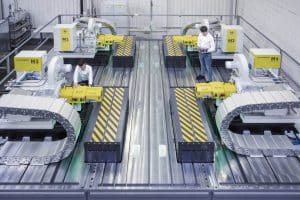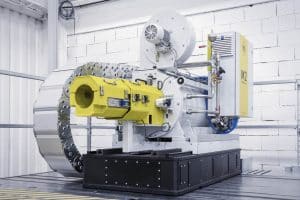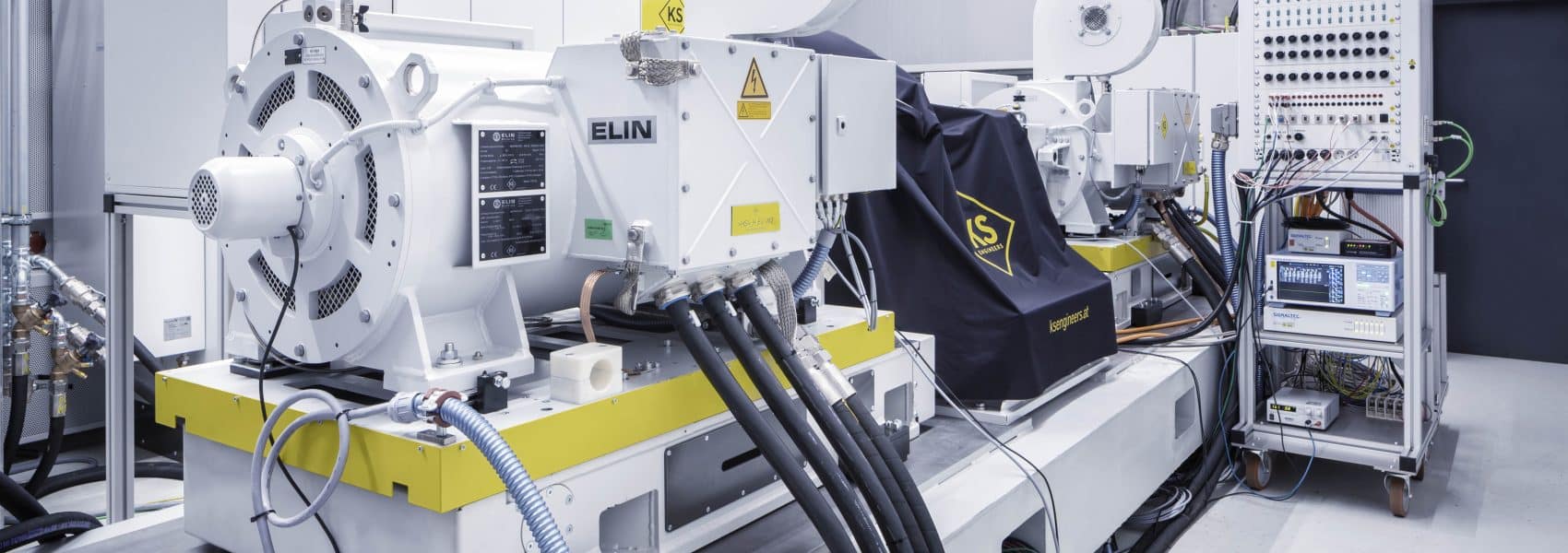The technology used in test bench drives is evolving, and companies must stay current with the latest e-mobility transformation to remain competitive. One of the main trends in test bench drives includes using high-performance electric motors and advanced control systems to simulate real-world operating conditions. Electric motors are becoming increasingly popular in test bench applications due to their small mass moment of inertia, high rotational speed, and efficient motor cooling systems.

Test bench drives test and evaluate the performance of various mechanical and electrical systems from hybrid through total electric vehicles, such as electric motors, gears, breaks, and emissions. They are also used to test the performance of control systems, such as speed controllers, inverters, and drive systems. With the increasing use of electric vehicles and renewable energy systems, the demand for test bench drives that can simulate these systems is also increasing to meet customer requirements.
Electric motors are widely used in test bench drives because they provide high torque and power density and can operate at high speeds. Above all, energy recovery is additionally a significant advantage of electric motors as load machines. Advanced control systems, such as vector control and direct torque control, are also being used to improve the performance of test bench drives. Vector control allows accurate control of the electric motor’s speed and torque, while direct torque control ensure precise control of the motor’s torque. These advanced control systems make it possible to simulate a wide range of operating conditions, including those that are difficult or impossible to replicate in the real world.
Overall, the latest trends in test bench drives improve the performance and accuracy of testing, as well as reduce costs and increase efficiency to remain successful. Electric motors and advanced control systems are playing a vital role in these developments, helping to make test bench drives more powerful tools for evaluating the performance of electric vehicles.

“The latest advancements in electric motors and control systems support test bench drives to become increasingly precise and versatile tools for simulating real-world conditions and unlocking the true capabilities of mechanical and electrical systems,” says Reinhard Leitgeb, Sales Manager at ELIN Motoren. “We are proud to be one of the leading electric motor suppliers to support companies worldwide with our know-how in electric drive systems to perform more sustainably and efficiently to stay ahead of the competition.”

At ELIN Motoren, we have a deep understanding of electric drive systems and offer tailored and proven asynchronous machines (ASM) with high-rated power and large operating speed range (low- and middle voltage), which are then operated on the 4Q inverter both motor-driven (driving machines) and generator-driven (load machines, energy recovery) to support the requirements of our customers.

